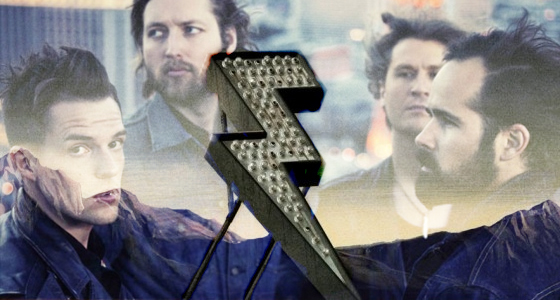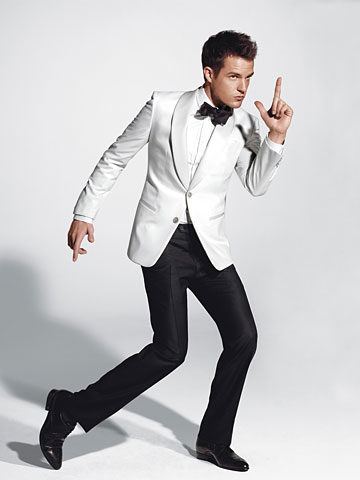Select a novel, play or epic in which a character experiences such a rift and becomes cut off from "home," whether that home is the character's birthplace, family, homeland, or other special place. Then write an essay in which you analyze how the character's experience with exile is both alienating and enriching, and how this experience illuminates the meaning for this work as a whole.
Disgrace. Shame. Humiliation. Okonkwo, son of the dishonorable Unoka, strove to find a place in his tribe despite the idle past of his father. Chinua Achebe, the master mind behind
Things Fall Apart, used Okonkwo's lifetime of strife to describe the unstable nature of existence. One cannot stop the incessant nature of change. "Things fall apart, the center cannot hold." Achebe discusses the reality of change, and the affect that this reality has on various characters, Okonkwo included. Tradition, though vital, will always be overcome by change.
A blast sounded throughout the village. The funeral in honor of Ezeudu, a warrior with several titles, ceased in order to observe the source of the sound: Okonkwo's gun had accidentally fired, killing the son of the beloved Ezeudu. Shedding the blood of a clansman is a terrible offense among the members of the Umuofia clan. Okonkwo was to be banished. Forced to burn down his crops, and his own obi, both of which he had put his life toward, Okonkwo left the ranks of the "egwugwu," and was forced to return to his motherland.
During Okonkwo's seven years in exile, a new political and religious order overpowered the tradition of his beloved tribe. Strangers arrived in Umuofia. Speaking in a foreign tongue, and discussing the existence of a single "God," these strangers were preaching against the natural order of things. This religious order goes against Okonkwo's concept of manliness, thus he promptly refuses to accept the new way of things. Okonkwo felt that this change was his fault. He had let his tribe down, and was absent during their time of need. Okonkwo does everything in his power to resist this cultural change, due to his prominent fear of losing his societal status. This status is the only factor that sets him apart from his own flesh and blood: his father. Okonkwo's time in exile, though painful and alienating, fueled Okonkwo's sense of nationalism. Okonkwo's estranged relationship with his homeland during these seven years, enabled him to recognize the reality of change. He realized that the traditions he had grown to cherish, were becoming dispensable due to the new political standing that was talking root in his tribe. In losing these traditions, he would lose himself.
Upon his return to Umuofia, Okonkwo is infuriated by the remarkable presence of change. He found the idleness of the villagers to be the most intolerable, refusing to accept the fact that his clansmen had taken no action toward the strangers who were taking over their very tradition. Okonkwo's seven years in exile, and shock at the current condition of his homeland, stressed the true impact that change had on Umuofia. Okonkwo rebuilt his farm, and planted new yams- both a weak attempt to return to his life prior to his exile, and therefore prior to the change in Umuofia's tradition. His old life was gone, and in his mind, this life was gone because of his actions against his clan.
In the end, Okonkwo's hubris was the cause of his downfall. He was proud. He was masculine. He was defiant in nature, and steadfast in his loyalty to Umuofia. Okonkwo was incapable of accepting the reality of change. His time in exile provided with seven years of rumination, in which he dwelled upon the forthcoming of the end of tradition. Onkonwko, while in times of good fortune, perceived himself as a maker of his own destiny. During times of change and ill-fortune, Okonkwo throws the responsibility of his actions to another source: his son, the strangers, his dishonorable father. The reality of this change and this responsibility, drove Okonkwo to madness.
The true affect of Okonkwo's experience in exile, was described in his death. As Okonkwo hung from the tree, Achebe was able to reveal the true, fragile nature of Okonkwo. This masculine warrior spent all of his life living in the shadow of his clan's tradition. When this tradition was broken, Okonkwo was forced to change, a change that he could neither emotionally, nor physically accept.




































